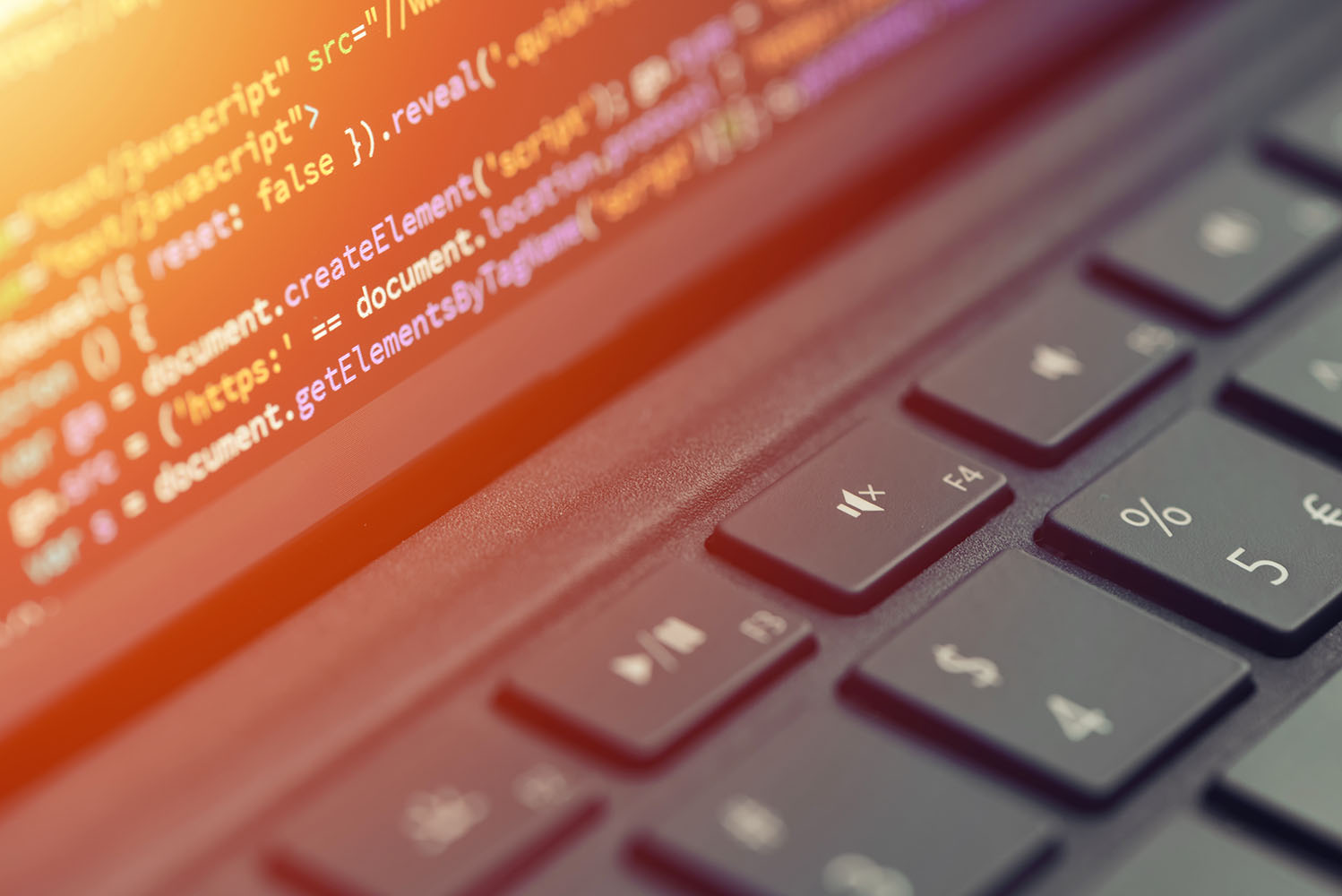France implements major provisions of the EU Copyright Directive
Published on 1st June 2021
New legislation marks a significant step in the regulation of digital and copyright in France

The French Ordinance No. 2021-580 was adopted on 12 May 2021 in order to implement articles 17 to 23 of the Directive (EU) 2019/790 on copyright and related rights in the Digital Single Market dated 17 April 2019.
The Copyright Directive, which the Members States had to implement by 7 June 2021, reinforces the rights of authors and performers in their contractual relationship with the users of their works, and strengthens their position to negotiate and be remunerated for the exploitation of their works by online service providers.
Specific liability mechanism
The introduction of a specific liability mechanism for content-sharing platforms providers will incentivise them to strike fair remuneration deals with the creators of works.
Content-sharing platforms providers are defined as providers of an online communication service that store and give the public access to a large amount of copyright-protected works or other protected subject matter uploaded by its users, which they organise and promote for direct or indirect profit-making purposes.
The Ordinance faithfully implements Article 17 of the Copyright Directive by providing that content-sharing platform providers carry out an act of communication of copyright-protected work or other protected subject matter anytime a user uploads such a content item on their platform.
Providers are prompted to obtain authorisation from the relevant right holders - for instance, by entering into a licensing agreement - in order to make available works through their platform, without prejudice to the authorisation that they must also obtain for the reproduction of these works. The authorisation is deemed to authorise acts of communication by the platform’s users provided that the latter are not acting for commercial purposes or the revenue generated by her/him is not significant.
In the absence of authorisation, the provider can no longer benefit from the hosting-provider liability exemption as laid down by the e-Commerce Directive, and shall be legally liable for any unauthorised acts of exploitation, unless the provider demonstrates that it has:
- made best efforts to obtain an authorisation from rights holders who wish to grant permission;
- made, in accordance with high industry standards of professional diligence, best efforts to ensure the unavailability of unauthorized works for which the right holders have provided, directly or indirectly through a third party designated by them, with the relevant and necessary information; and
- acted expeditiously, upon receiving a sufficiently substantiated notice from the right holders, to disable access to, or to remove from their platform, the notified unauthorized works, and made their best efforts to prevent future uploads in accordance.
However, as provided for in the Directive, this new liability regime shall not call into question the exceptions to copyright under French law (including right for quotation, criticism, review, caricature, parody or pastiche) and does not apply to the following operators:
- non-commercial online encyclopedias (such as Wikipedia);
- open source software developing and sharing platforms;
- not-for-profit educational and scientific repositories;
- electronic communication service providers (such as WhatsApp);
- online marketplaces, the main activity of which is online retail, and not giving access to copyright-protected content; or
- business-to-business cloud services and cloud services that allow users to upload content for their own use.
In line with the Copyright Directive, the Ordinance provides for a specific protection to start-up platforms, namely platforms set up less that than three years ago, with an annual turnover lower than EUR 10 million, and average monthly unique visitors lower than 5 million. They will be subject to much lighter obligations than the large established ones, as they will only have to prove they have acted expeditiously to remove unauthorized works notified by right holders from their platform.
Providers are also required to put in place an effective “notice and take-down” mechanism. In line with the Copyright Directive, the Ordinance foresees an out-of-court redress mechanism for the settlement of any dispute in this respect. This redress mechanism is referred to the French High Authority for the dissemination of works and the protection of rights on the Internet, known as the HADOPI, entrusted with the power of making recommendations to providers on the level of effectiveness of the protection measures for protected works they implement, requesting any useful information from them and of organising consultations with stakeholders – conditions of the out-of-court mechanism are to be stated by decree from the France's Council of State.
Transparency and fairer remuneration
The legislation also brings better transparency and fairer remuneration for authors and performers in relations with their licensees.
Article 18 of the Copyright Directive addresses fair remuneration in exploitation agreements of authors and performers. For a long time, the principle under French law is that the authors shall be compensated with a proportional remuneration to the revenues generated from the exploitation of their work, except in limited cases where a fixed price can be given, so that the Copyright Directive will not have impact here. What is new is that the fair remuneration requirement is legally extended to performers: exploitation agreements of their works must include "appropriate remuneration proportional to the actual or potential economic value of the rights transferred", and as an exception a lump sum may be provided in specific cases. This applies to remuneration whether it comes under individual or collective management.
In addition, as a result of Article 19 of the Directive, the annual reporting requirements provided for in the representation, publishing and audiovisual production agreements regulated by the French Intellectual Property Code will be extended to all assignments of authors' and performers' rights. The Ordinance imposes licensees to make relevant and comprehensive information on the exploitation of the works and performances available by an electronic mean and to distinguish between the different modes of exploitation and the remuneration due for each mode of exploitation. A collective bargaining agreement is expected to set out the terms of access to this information in case of the sub-licensing.
New transparency obligations are also imposed in the context of specific agreements concluded with on-demand audiovisual platform providers, which for instance will have to provide information on the number of views of the works they offer.
As to the remuneration adjustment mechanism laid down by Article 21 of the Copyright Directive, it follows from the legislation that authors (except software authors) and performers will be able to obtain an additional remuneration when the proportional remuneration initially provided for proves to be "exaggeratedly low" in relation to the whole revenues subsequently derived from the exploitation of their work. This adds up to the existing mechanism of adjustment under French law in case of prejudice of more than seven-twelfths as a result of a burdensome contract or of insufficient advance estimate of the proceeds from the work, when the author has received a lump sum, which is also newly extended to performers.
As a result of Article 22 of the Copyright Directive, authors and performers are granted the right to request termination of the if their work or performance is not exploited at all‚ conditions need to be defined by means of a collective bargaining before 12 May 2022 or failing that, by decree of the French Council State. This revocation right, however, does not apply to authors of software or audio-visual works nor to performers of audiovisual works.
When?
The process of incorporating the Directive into French law is not totally completed as the implementation conditions of some mechanisms are still to be specified by collective bargaining agreements (or, failing that, by decrees of the French Council of State).
If some provisions relating to the protection of authors and performers in their contractual relationship are already applicable (since 13 May 2021, but not to ongoing agreements), others will be applicable as of 7 June 2022 to current exploitation agreements.
The provisions relating to online content-sharing service providers will be applicable as of 7 June 2021 even to works previously uploaded on sharing-content platforms.
Osborne Clarke comment
The implementation into French law of the Copyright Directive consolidates and complements the current cardinal principles laid down by the French Intellectual Property Code, while taking into account the existing sectoral specificities (such as music and audiovisual, etc.) and encouraging professional negotiations in their application, which should be closely watched.





